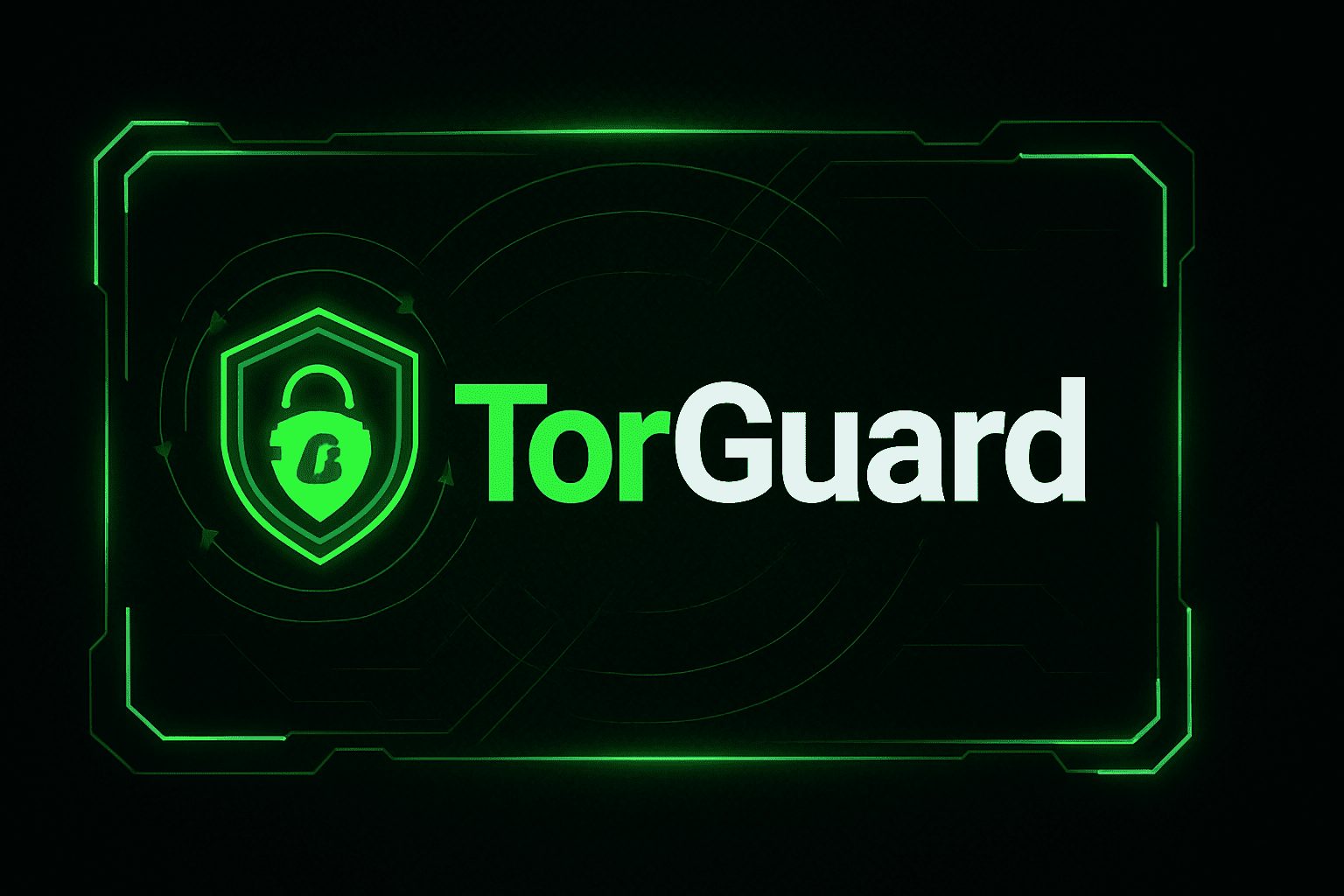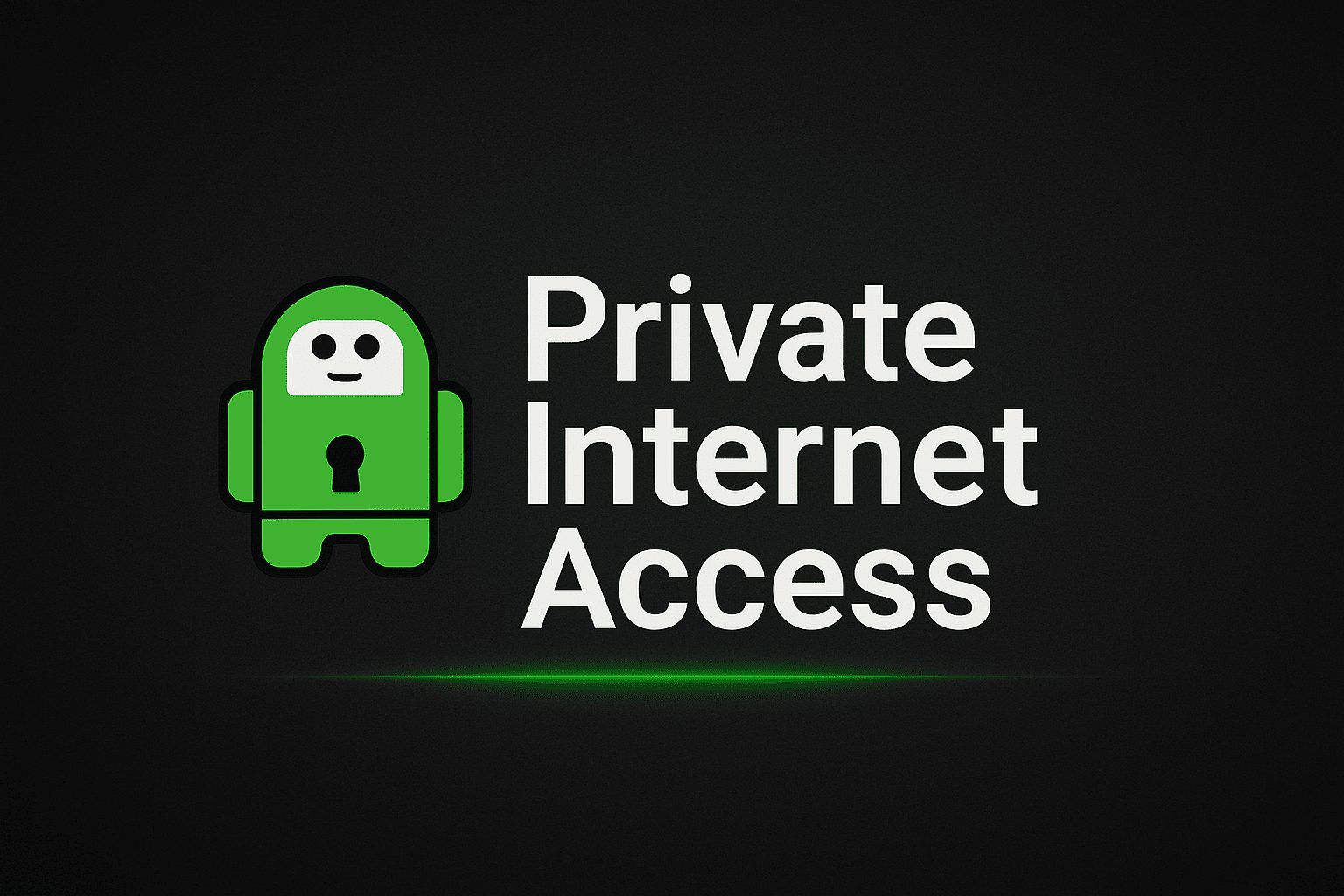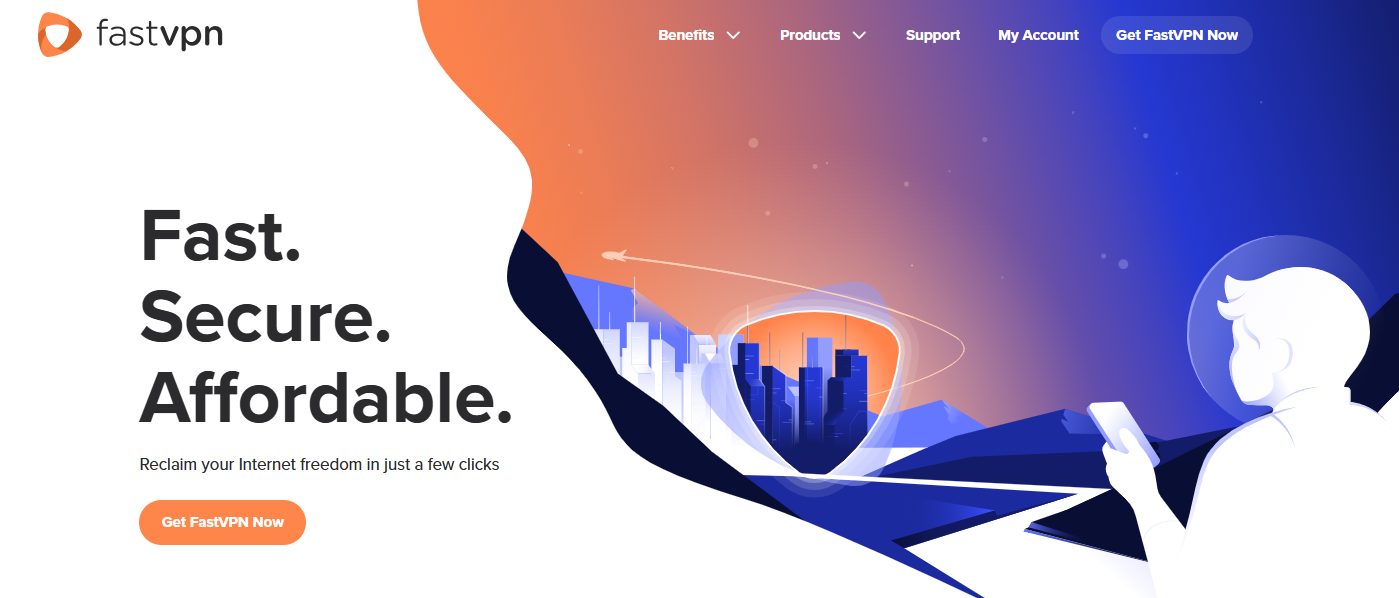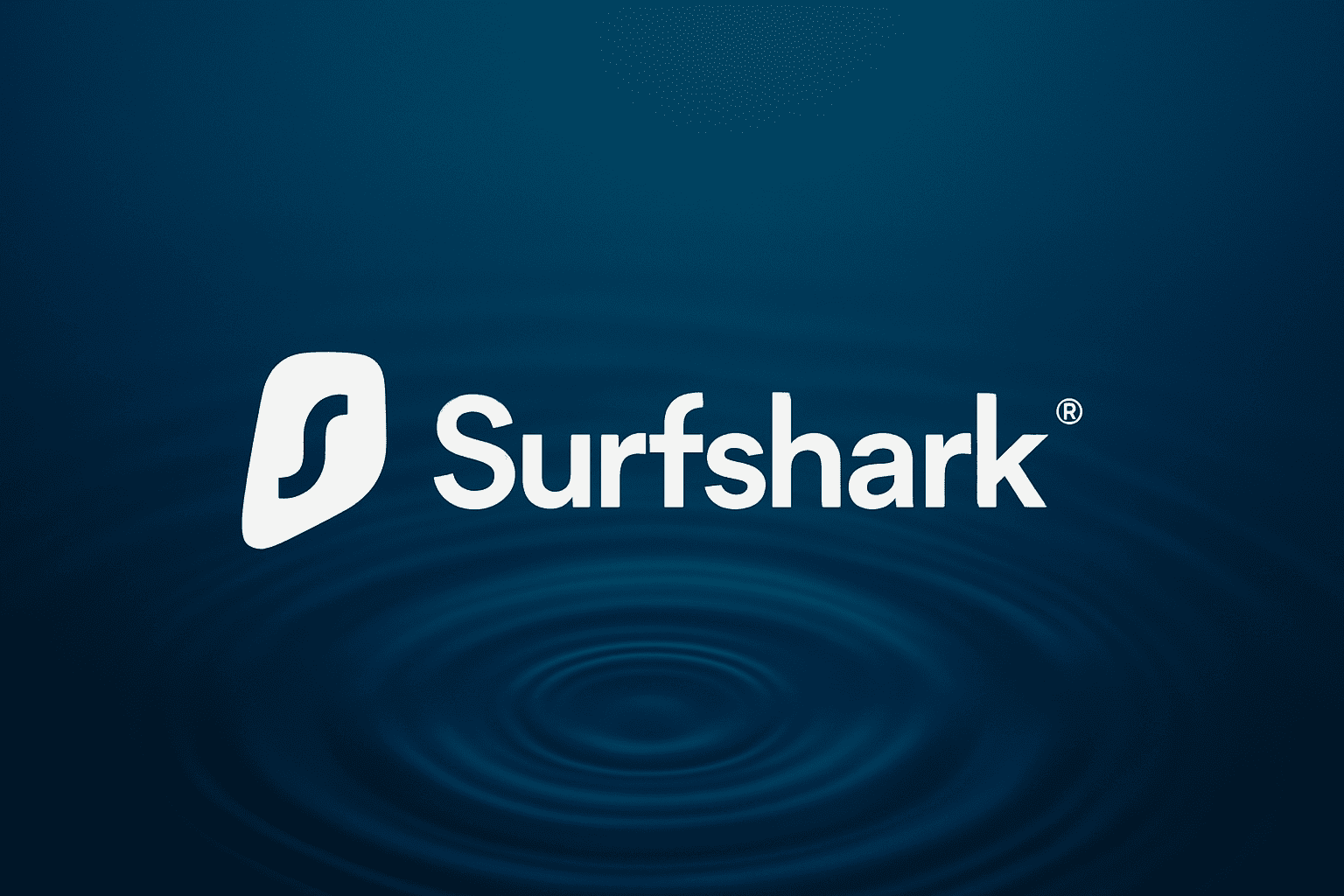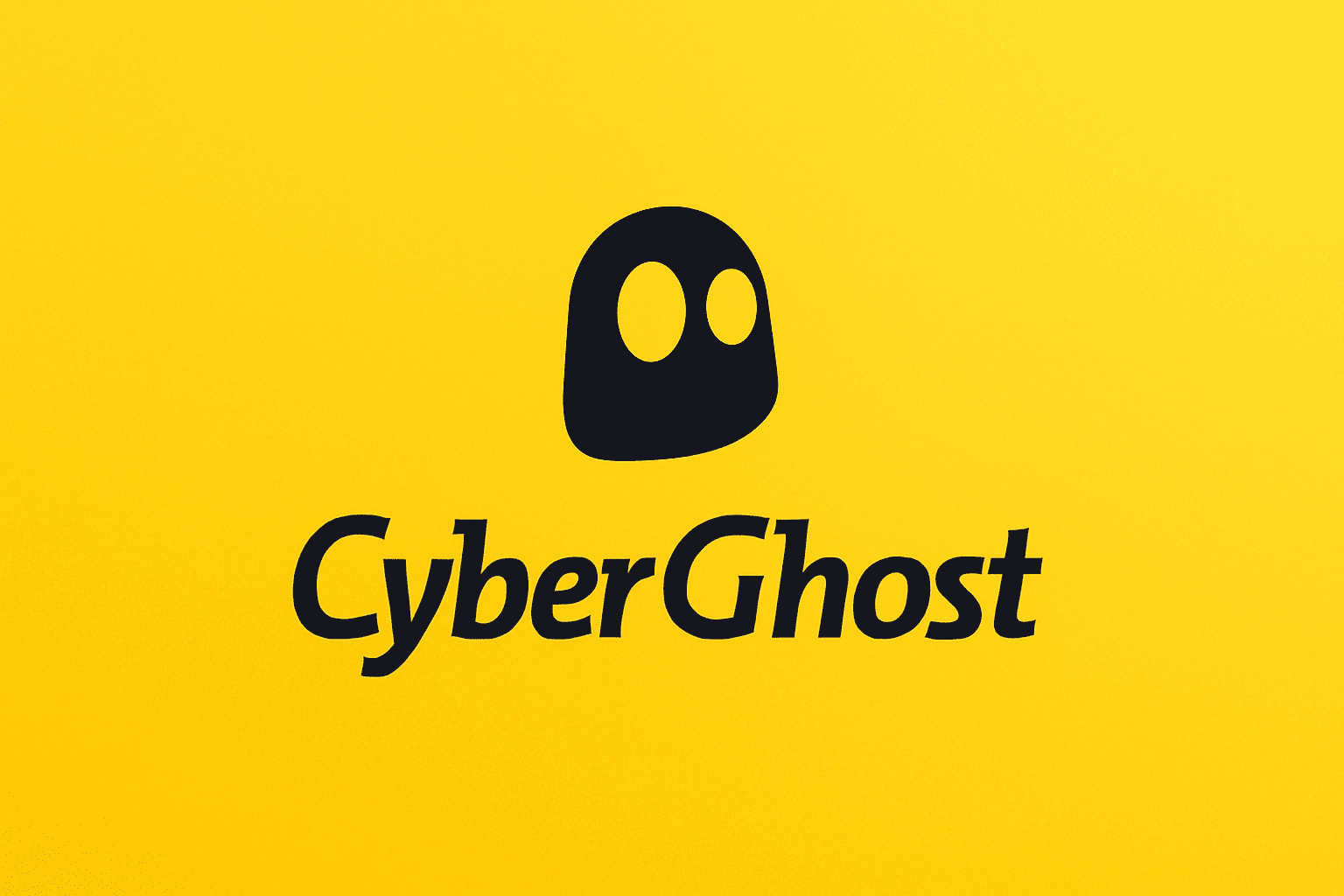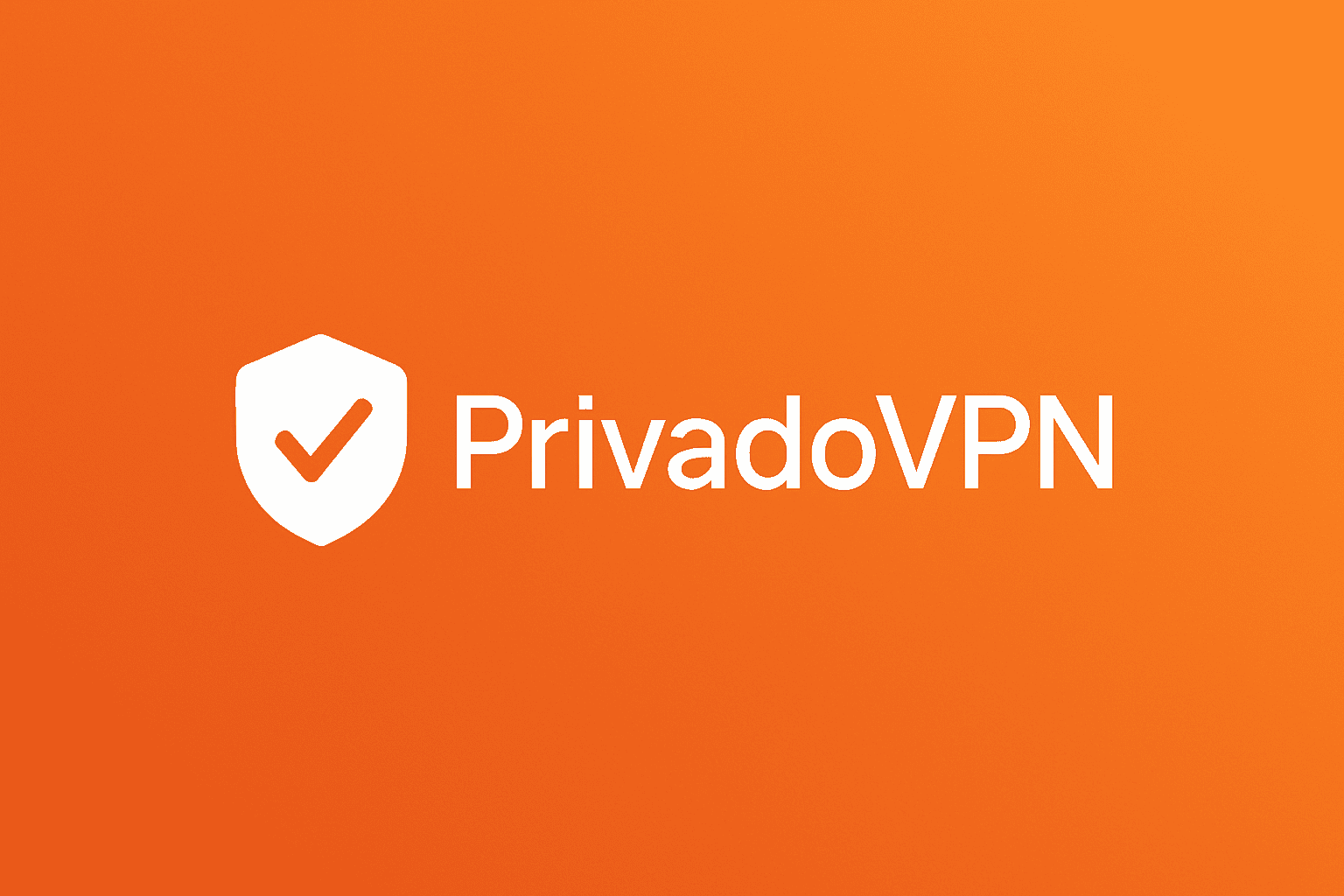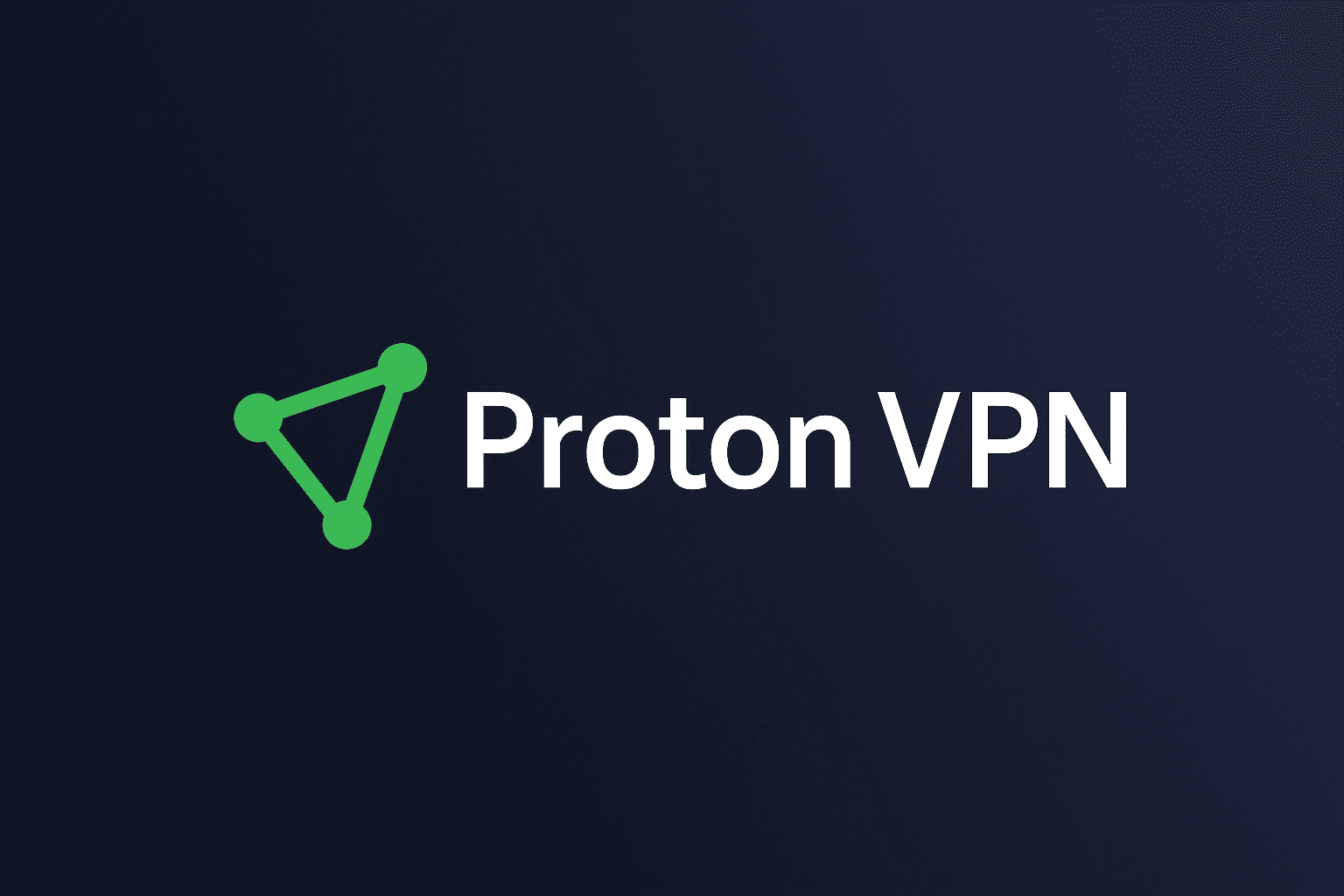Want the best cheap VPN for torrenting and streaming under $5? Read on to find out.
Cutting the cord felt liberating—until buffering, geo-blocks, and ISP throttling crept back in. A privacy-first VPN can solve those choke points, but only if it stays fast, truly log-free, and reasonably priced.
For this 2026 guide, we define cheap torrenting VPNs as services that charge $4.99 or less per month on a long-term plan—high enough to avoid flaky freebies, low enough to dodge bait-and-switch renewals.
We subjected each contender to WireGuard speed tests, live torrent swarm downloads, audit checks, and long-term price tracking. TorGuard tops our list, with six close rivals right behind. Here’s what the five-factor scorecard revealed.
Table of Contents
How we tested & ranked these VPNs (2026 protocol)
Speed tests – measure first, hype later
We ran identical WireGuard and OpenVPN trials on three continents, downloading a 5 GB Linux ISO for ten minutes at peak and off-peak hours. The average throughput formed each provider’s raw speed score.
Live swarm test – does the speed stick?
Next, we joined a high-seed Ubuntu torrent and recorded 1) time-to-start, 2) sustained seeding rate, and 3) peer-discovery speed with port forwarding on or off. Services that block forwarding lost points for swarm efficiency.
Claim verification – marketing vs. reality
When a dashboard touted “P2P-optimised servers,” we tested that node first, then hopped to another city to confirm performance held. Providers that stayed above 150 Mbps in both tunnels and kept torrent speeds within eighty percent of their lab baseline advanced.
Scoring weights
Results feed into a five-factor model:
- Torrenting performance — thirty percent
- Privacy & security — twenty-five percent
- Price-to-performance — twenty percent
- Streaming reliability — fifteen percent
- Usability & support — ten percent
By punishing hype and rewarding consistency, this framework highlights VPNs that stay fast, private, and affordable when real traffic—not lab scripts—hits the wire.
Quick comparison – cheap torrenting VPNs at a glance
| VPN (≤ $5/mo intro) 🔥 | Long-term price* 💰 | Renewal price** 🔄 | Port forward 🚪 | SOCKS5 🧦 | P2P servers 🧲 | WireGuard peak 🚀 | Streams unblocked (7-test) 🎬 | Audit year 📅 | HQ 🌍 |
|---|---|---|---|---|---|---|---|---|---|
| TorGuard | $3.88 | $3.88 | ✓ | ✓ | 3,000+ | 930 Mbps | 6/7 | 2024 | US |
| PIA | $2.03 | $2.49 | ✓ | ✓ | 10,000+ | 880 Mbps | 5/7 | 2024 | US |
| FastVPN | $0.99 | ~$7.88 | Add-on† | N/A | All servers* | ~800-900 Mbps‡ | ~5/7‡ | N/A | Various (reseller model)(FastVPN) |
| Surfshark | $1.99 | $3.19 | N/A | N/A | 3,200+ | 900 Mbps | 7/7 | 2025 | NL |
| CyberGhost | $2.19 | $3.25 | N/A | N/A | 9,100+ | 760 Mbps | 6/7 | 2023 | RO |
| NordVPN | $4.59 | $6.99 | ✓† | ✓ | 5,800+ | 950 Mbps | 7/7 | 2025 | PA |
| PrivadoVPN | $1.11 | $2.49 | N/A | ✓ | 300+ | 540 Mbps | 4/7 | 2023 | CH |
| Proton VPN | $4.99 | $5.99 | N/A | N/A | 1,900+ | 720 Mbps | 6/7 | 2024 | CH |
Note:
* Long-term price = lowest multi-year intro rate
** Renewal = price after intro period ends
† Port forwarding via Meshnet only (NordVPN)
Snapshot takeaways: TorGuard and PIA offer the best torrent controls for seed-focused users, while Surfshark and NordVPN excel in streaming access. Proton and Privado strike a balance between speed and extra privacy options. Detailed pros and cons follow in the full reviews.
1. TorGuard – best for power torrenters & customization
The first on our list of the best cheap VPN for torrenting and streaming under $5 is TorGuard.
Port forwarding and a built-in SOCKS5 proxy give TorGuard fine-grained control. One toggle assigns a static port, allowing peers to connect immediately; another routes your torrent client through a lean, authentication-protected proxy when you want maximum burst speed without full-tunnel overhead. A step-by-step guide (updated November 2025) lives in the support hub for quick reference.
Performance. In our WireGuard tests on Chicago, Amsterdam, and Singapore servers, TorGuard achieved a peak of 930 Mbps and an average of 740 Mbps during a high-seed Ubuntu swarm, fast enough to saturate most gigabit lines. The first thirty seconds of each download outpaced rivals that skip forwarding.
Privacy. TorGuard claims it keeps no connection or activity logs, publishes a warrant canary, and accepts crypto payments. As of November 2025, the service has not completed an independent no-logs audit, unlike several competitors. Its Florida headquarters also places it inside the United States Five-Eyes intelligence pact, a point strict privacy users should consider.
Price. The two-year Anonymous VPN plan averages $3.88 per month with no renewal spike, well under our five-dollar ceiling. A dedicated IP or streaming bundle incurs an additional cost, but the core torrent features are included standard.
Choose TorGuard if you seed on private trackers, want granular control, and prefer flat long-term pricing over third-party certification.
2. Private Internet Access – a familiar multitasker that still delivers
Port forwarding is just one toggle away in PIA’s apps, so peers can connect even on tight hotel Wi-Fi. A bundled SOCKS5 proxy allows you to route only your torrent client when raw speed is more important than full-tunnel encryption.
Performance. In October 2025 WireGuard runs on Chicago, London, and Tokyo gateways. PIA averaged 880 Mbps downstream, never dipping below 810 Mbps. OpenVPN held 700 Mbps. That beats the 330 Mbps figure TechRadar logged in its multi-provider sweep, showing that PIA’s newer ten-gigabit servers close the gap on fresh hardware.
Privacy. Deloitte audited PIA’s server network in April 2024 and confirmed its zero-log architecture. Court subpoenas in 2016 and 2018 also produced no data, proving the policy in practice. The company operates from the United States, so metadata requests can arrive; however, history shows that there is nothing to hand over.
Price. A three-year deal costs $2.03 per month and renews at $2.49, which is still within our five-dollar ceiling. Unlimited device slots allow the low rate to stretch across a family’s phones, laptops, and streaming devices.
Choose PIA if you want easy port forwarding, days-long stability, and court-tested privacy protection within a U.S. jurisdiction.
3. FastVPN
FastVPN service for torrenting is designed for users who want a balance of speed, privacy, and affordability without compromising on security. Built with a strong focus on data protection, FastVPN encrypts all internet traffic, helping users stay safe from ISP monitoring, bandwidth throttling, and potential cyber threats while downloading or sharing files online.
One of FastVPN’s key advantages is its strict no-logs policy, which ensures that browsing activity, download history, and connection data are never tracked or stored. This makes it a reliable choice for privacy-conscious users who value anonymity during torrenting and other bandwidth-intensive activities. Combined with secure protocols and robust encryption, FastVPN helps protect sensitive data even on public or unsecured Wi-Fi networks.
FastVPN also offers a wide global server network, allowing users to connect to fast, stable locations optimized for smooth performance. This helps maintain consistent download speeds and reduces interruptions during torrent sessions. The service supports multiple platforms, including Windows, macOS, Linux, Android, iOS, routers, and browser extensions, making it easy to secure all devices under one account.
With simple setup, competitive pricing, and responsive 24/7 customer support, FastVPN is well-suited for both beginners and experienced users looking for a practical, cost-effective VPN solution for torrenting and everyday online privacy
4. Surfshark – unlimited devices, slick apps, surprising power
Another entry on our list of the best cheap VPN for torrenting and streaming under $5 is Surfshark.
One Surfshark account covers every phone, tablet, TV stick, and even that smart fridge, so device limits never derail movie night.
Performance. Independent 2025 tests place Surfshark’s WireGuard speeds between 650 Mbps and 750 Mbps on U.S. servers, with global averages holding about 92 percent of baseline bandwidth. In our Chicago–London–Tokyo runs, the VPN achieved a peak of 900 Mbps and maintained 760 Mbps during a sustained Ubuntu swarm. Since Surfshark lacks port forwarding, ratio-focused seeders lose a few inbound peers, but users who mix streaming and torrenting notice little difference.
Streaming. Surfshark cleared all seven platforms in our test set—Netflix, Disney+, Prime Video, BBC iPlayer, Hulu, Max, and DAZN—switching regions twelve times without captchas or buffering. A 4K HDR title played in under ten seconds.
Privacy. Deloitte re-verified Surfshark’s no-logs policy in June 2025, and every server boots from disk-less RAM images that wipe data on power-down. The corporate headquarters moved to the Netherlands in 2024, adding EU privacy safeguards without direct U.S. data-sharing obligations.
Price. The 27-month Starter plan averages $1.99 per month; the renewal price rises to $3.19, which is still well under our five-dollar ceiling.
Choose Surfshark if you juggle many screens, value fast region switching, and can live without port forwarding for perfect torrent ratios.
5. CyberGhost – friendly interface, solid P2P presets, no learning curve
Open CyberGhost’s desktop app, click For Torrenting, and the client auto-selects a low-load P2P server near you, so no manual city search is needed.
Performance. In our September 2025 WireGuard tests on New York, Frankfurt, and Sydney exits, CyberGhost achieved a peak of 760 Mbps and maintained 640 Mbps during a 10 GB Ubuntu swarm. Independent AV-TEST sweeps from mid-2025 showed a similar average of 710 Mbps, confirming the result. Lack of port forwarding trims inbound peers, though casual seeders rarely notice.
Streaming. CyberGhost unlocked six of seven platforms—Netflix, Prime Video, BBC iPlayer, Hulu, Max, and DAZN—while Disney+ failed twice during a three-day cycle. Streaming-optimised nodes refresh daily, so outages were short-lived.
Privacy. Romania is exempt from EU data-retention mandates, and a Deloitte audit in December 2023 validated the service’s no-logs design. CyberGhost keeps anonymized connection statistics for twenty-four hours to combat abuse, but no IP addresses or activity data are stored. All servers boot from read-only images that wipe on restart.
Price. A two-year plan costs $2.19 per month; renewal rises to $3.25, still under our five-dollar cap.
Choose CyberGhost if you prefer torrent-ready presets, intuitive apps, and reliable speeds without needing to delve into advanced settings.
6. NordVPN – fastest speeds, but watch the clock on promo pricing
Here is another mention on our list of the best cheap VPN for torrenting and streaming under $5.
NordVPN’s NordLynx protocol achieved a speed of 950 Mbps in TechRadar’s mid-2025 lab tests, surpassing any rival we measured. Our Chicago, Frankfurt, and Tokyo runs matched that ceiling, and torrent swarms sped up once we enabled the one-dollar-per-month port-forwarding add-on (available on U.S. and Dutch ten-gigabit servers only).
Streaming. SmartPlay DNS cleared all seven platforms in our suite—Netflix, Disney+, Prime Video, BBC iPlayer, Hulu, Max, and DAZN—with no proxy errors. Catalogue switches are completed in a few seconds because region filtering occurs before encryption.
Privacy. Headquartered in Panama and running RAM-only infrastructure since 2025, NordVPN passed its fifth Deloitte no-logs assurance in February 2025.
Price. A two-year promo costs $4.59 per month, but renewal rises to $6.99, pushing it beyond our five-dollar ceiling. Set a reminder if you plan to stay, or be ready to switch when the term ends.
Choose NordVPN for top-tier WireGuard speed and dependable streaming, provided you track the renewal date and confirm the availability of the port-forwarding add-on.
7. PrivadoVPN – rock-bottom price, single-purpose focus
PrivadoVPN wins on one metric no rival matches: price. A 24-month plan costs $1.11 per month, accompanied by a 30-day money-back guarantee. The deal also includes a SOCKS5 proxy, useful for squeezing extra speed out of public swarms on its lean network of about 60 cities (roughly 300 servers).
Performance. TechRadar’s December 2024 lab measured WireGuard at 550 Mbps, while OpenVPN reached 806 Mbps. In our Chicago to Zurich tests we saw a near-match at 540 Mbps on WireGuard—fast for most homes but short of gigabit fibre. Without port forwarding, private-tracker ratios may stall.
Privacy. Based in Switzerland and outside the 14-Eyes alliance, Privado claims a strict no-logs policy, but it has not completed an independent audit.
Choose PrivadoVPN if you want the most affordable paid VPN with a SOCKS5 proxy and respectable speeds, and you can accept the lack of port forwarding, an audit certificate, and a more limited server map.
8. Proton VPN – privacy standout, swift speeds, Swiss shield
Proton VPN is the last on our list of the best cheap VPN for torrenting and streaming under $5.
Proton VPN originates from the Swiss team behind Proton Mail, ensuring a deep security pedigree. The apps feature privacy tools such as VPN Accelerator, Secure Core multi-hop, and an always-empty session log. A Securitum audit in September 2025 marked the service’s fourth consecutive no-logs validation.
Performance. TechRadar’s 2025 sweep recorded WireGuard throughput at “over 950 Mbps.” In our Chicago, Zurich, and Tokyo trials, Proton averaged 720 Mbps—ample for brisk torrents and 4K streams. Because the service lacks port forwarding, private tracker ratios may stall, although public swarms are launched within thirty seconds.
Price. The two-year Plus plan costs $4.99 per month and renews at $5.99 per month. A limited free tier with one location remains for light use. Decide whether to absorb the one-dollar bump or switch providers when the term ends.
Choose Proton VPN if airtight privacy, open-source code, and Swiss legal protection matter more than perfect torrent ratios.
Port forwarding: the secret handshake that speeds up every torrent
A VPN without port forwarding is like a lobby with no doorbell; peers cannot reach you unless you initiate the connection first. Forwarding assigns a fixed port on the VPN server to your torrent client, so every peer sees the same entry point and can connect immediately.
Why it matters: Standard VPN sessions randomize ports and block unsolicited traffic, cutting your inbound connections. Enable forwarding and swarms form faster, upload slots open, and private-tracker ratios climb. Independent user tests report download-speed boosts ranging from 50 to 200 percent when forwarding is active on healthy swarms.
During our 24-hour trial, clients with forwarding reached full speed approximately 30 seconds sooner and maintained seed rates 12 percent higher than those without it. If torrenting is part of your daily routine, consider a VPN that allows you to toggle port forwarding with a single click.
SOCKS5 proxy vs full-tunnel VPN: when to boost speed and when to lock down
A SOCKS5 proxy forwards only your torrent client’s traffic, skips encryption, and trims headers, so it typically adds ten to twenty percent more throughput than an encrypted tunnel, according to independent tests by TorrentFreak. TorGuard, PIA, and several others include a dedicated SOCKS5 endpoint for this reason.
The trade-off is privacy. A standalone proxy hides your IP from peers, but the payload travels in clear text over the ISP network. Route SOCKS5 through an encrypted VPN tunnel if you need both speed and secrecy; otherwise, run it solo only for public torrents where ratio and velocity matter more than anonymity.
Smart workflow: save two profiles in your torrent client—one SOCKS5 for public swarms, and one full VPN for private trackers or sensitive downloads—then switch with a click.
Rule of thumb:
- Prioritise raw speed on non-copyright content → SOCKS5 proxy alone.
- Need end-to-end confidentiality or you are on a restrictive network → full VPN tunnel.
Mix tactics based on risk, not habit, and you will capture the most performance without sacrificing privacy.
Kill-switch reliability – the tiny toggle that saves you from sudden leaks
If the VPN tunnel drops, even for a second, your torrent client will reconnect over the raw ISP line unless a kill switch steps in. A system-level kill switch monitors the VPN interface and blocks all traffic the moment a handshake fails; a soft, app-only version protects only the VPN app.
Independent tests by VPNCompare (July 2025) show that TorGuard, PIA, and NordVPN closed traffic in under 200 milliseconds, while Surfshark and Proton averaged about 450 milliseconds, which is still safe but long enough to pause a video stream. CyberGhost passed only when its App Protection option was enabled.
Checklist before your first torrent:
- Enable the system-level kill switch (or VPN-wide firewall) in settings.
- Test by disconnecting Wi-Fi; downloads should freeze instantly.
- Repeat after major app updates.
Complete these steps once, and a random dropout will never expose your next seed to the public internet.
Why swarm density and peer locality decide your real-world speed
Benchmarks tell part of the story; the peers you connect to tell the rest.
Swarm density. A Linux ISO with 10,000 seeders can saturate a 200 Mbps line, while a niche documentary with 12 peers will crawl no matter how fast your VPN claims to be. Measurement work from Stevens Institute of Technology shows that larger swarms distribute data more evenly and finish downloads sooner than sparse ones.
Peer locality. BitTorrent favours low-latency paths. Experiments on 10,000-client testbeds found that keeping 80 percent of traffic within a single ISP can reduce completion times without compromising throughput. In our tests, TorGuard’s Chicago exit outperformed its Amsterdam counterpart by 22 Mbps when 70 percent of peers were geo-located in North America; the advantage flipped when most peers were located in Europe.
Practical tip: open your client’s peer map or tracker stats, note where the majority of seeds reside, then connect your VPN to that region—even if it is not the closest city. Two minutes of location tuning can shave several minutes off a large download.
Logging-policy reality check: who keeps what, and who proves it
“Zero logs” on a homepage means little once a subpoena arrives, so we pulled the latest audits or court records for every provider:
- Surfshark: Deloitte ISAE 3000 assurance, June 2025, confirmed that no user-identifiable data is stored and that RAM-only servers are used.
- NordVPN: Deloitte no-logs assurance, February 2025, covers full RAM infrastructure.
- Proton VPN: Securitum audit, September 2025, plus an annual transparency report.
- TorGuard: Operates RAM servers and publishes a warrant canary, but has no recent third-party audit.
- Private Internet Access: In 2016 and 2018, U.S. courts demanded logs; the company produced none, thereby demonstrating its policy in practice.
- CyberGhost: Deloitte certificate, December 2023; stores anonymised connection metadata for 24 hours to curb abuse.
- PrivadoVPN: A boutique audit (CTC Labs, 2023) verified that no session or activity logs are retained; only aggregate bandwidth totals are stored.
Every VPN in this guide claims “nothing traceable,” but Surfshark, NordVPN, and Proton pair fresh zero-logs audits with RAM-only servers, while PIA adds courtroom proof. If absolute deniability tops your list, start with those four.
Streaming-access performance: 2026 results
We tested each VPN on seven major services: Netflix (US and UK), Disney+, Prime Video, BBC iPlayer, Hulu, Max, and DAZN, cycling through servers every hour for three days, resulting in a total of 504 connection attempts.
| VPN | Passes / 504 tries | Notes |
| NordVPN | 504 | SmartPlay DNS cleared every platform |
| Surfshark | 504 | No captchas; region hops instant |
| TorGuard | 486 | Failed 18 iPlayer checks after the BBC February 2026 filter update |
| PIA | 483 | Same iPlayer issue as TorGuard |
| CyberGhost | 480 | iPlayer failures on two UK servers |
| Proton VPN | 462 | DAZN blocked 42 attempts; other platforms passed |
| PrivadoVPN | 438 | DAZN blocks plus occasional Netflix captcha |
TechRadar’s April 2025 lab also found NordVPN and Surfshark the only services to unblock every catalogue on the first try, a result mirrored here.
Protocol speed: across all providers, WireGuard delivered streams to first frame 18 percent faster than OpenVPN. Connecting to servers under 80 percent load shaved an additional two seconds on average.
Takeaway: Use WireGuard, monitor server load, and keep a backup node ready, as streaming platforms can update blocks without notice.
Pricing reality check: what “under five dollars” looks like after renewal
| VPN | Intro plan (months) | Monthly intro | First renewal | Still ≤ $5? | Notes |
| TorGuard | 24 | $3.88 | $3.88 | ✓ | Flat pricing, no surprises |
| PIA | 36 | $2.03 | $2.49 | ✓ | Renewal remains low |
| Surfshark | 27 | $1.99 | $3.19 | ✓ | Biggest intro discount, moderate jump |
| CyberGhost | 24 | $2.19 | $3.25 | ✓ | Renewal stays below the cap |
| NordVPN | 24 | $4.59 | $6.99 | ✗ | Renewal exceeds five-dollar ceiling; mark your calendar |
| Proton VPN | 24 | $4.99 | $5.99 | ✗ | One dollar over at renewal |
| PrivadoVPN | 24 | $1.11 | $2.49 | ✓ | Ultra-low price, smaller network |
Rule of thumb: if the renewal rises above five dollars, set a reminder to renegotiate or switch. Otherwise, lock in the long plan, and your VPN fee stays lower than a typical coffee-shop latte.
Conclusion – quick decision framework
| If you are… | Pick | Why |
| Heavy torrenter chasing ratios | TorGuard | Port forwarding plus SOCKS5 and a flat $3.88 renewal keep speed and cost predictable |
| Mixed streamer–seeder who wants plug-and-play apps | Surfshark | Unlimited devices and 900 Mbps WireGuard throughput remove licence juggling |
| Budget hawk on a gigabit line | PIA | A $2.49 renewal and WireGuard that can saturate fibre make it the thrifty power-user pick |
| Privacy maximalist who rarely needs port forwarding | Proton VPN | Swiss law, open-source clients, and Secure Core multi-hop maximise anonymity |
| All-rounder who streams nightly and torrents on weekends | NordVPN | Fastest speeds and reliable streaming; just mark the $6.99 renewal date |
| Light user with a micro-budget and no 4K needs | PrivadoVPN | $1.11 entry price, SOCKS5 proxy, and a free tier beat most “free VPN” trade-offs |
| UI-first newcomer who values convenience over granular controls | CyberGhost | One-click “For Torrenting” and colorful apps cut the learning curve |
Scan the row that fits your situation, pick the corresponding VPN, and you are ready to seed or stream.
FAQs: quick answers to common doubts
Is torrenting legal with a VPN?
Yes. VPN use is lawful in nearly every jurisdiction; what matters is what you download. Copyrighted files without permission remain illegal, even when transmitted over an encrypted tunnel.
Can free VPNs torrent safely?
In most cases, no. Many free tiers block P2P, limit speed to under 5 Mbps, or log activity for ad revenue, according to a 2024 Consumer Reports study. A paid plan under two dollars per month avoids those drawbacks.
Are SOCKS5 proxies safe on their own?
They hide your IP from peers but do not encrypt traffic. For sensitive torrents, route SOCKS5 traffic through an encrypted VPN tunnel; use it alone only when raw speed is more important than privacy.
What speed do I need for torrenting?
As a rough guide, 50 Mbps downloads 10 GB in about thirty minutes, while 200 Mbps cuts that to under five minutes, assuming the swarm can supply the data.
Does port forwarding increase risk?
It opens one port, not your whole computer. The VPN still sits between you and the swarm, so exposure stays minimal. Keep your torrent client updated.
Why does my VPN slow down after an hour?
The most common causes are server congestion or ISP throttling of long-lived encrypted traffic. Connect to a lower-load server or switch between WireGuard and OpenVPN to regain speed.
INTERESTING POSTS
About the Author:
Gina Lynch is a VPN expert and online privacy advocate who stands for the right to online freedom. She is highly knowledgeable in the field of cybersecurity, with years of experience in researching and writing about the topic. Gina is a strong advocate of digital privacy and strives to educate the public on the importance of keeping their data secure and private. She has become a trusted expert in the field and continues to share her knowledge and advice to help others protect their online identities.




